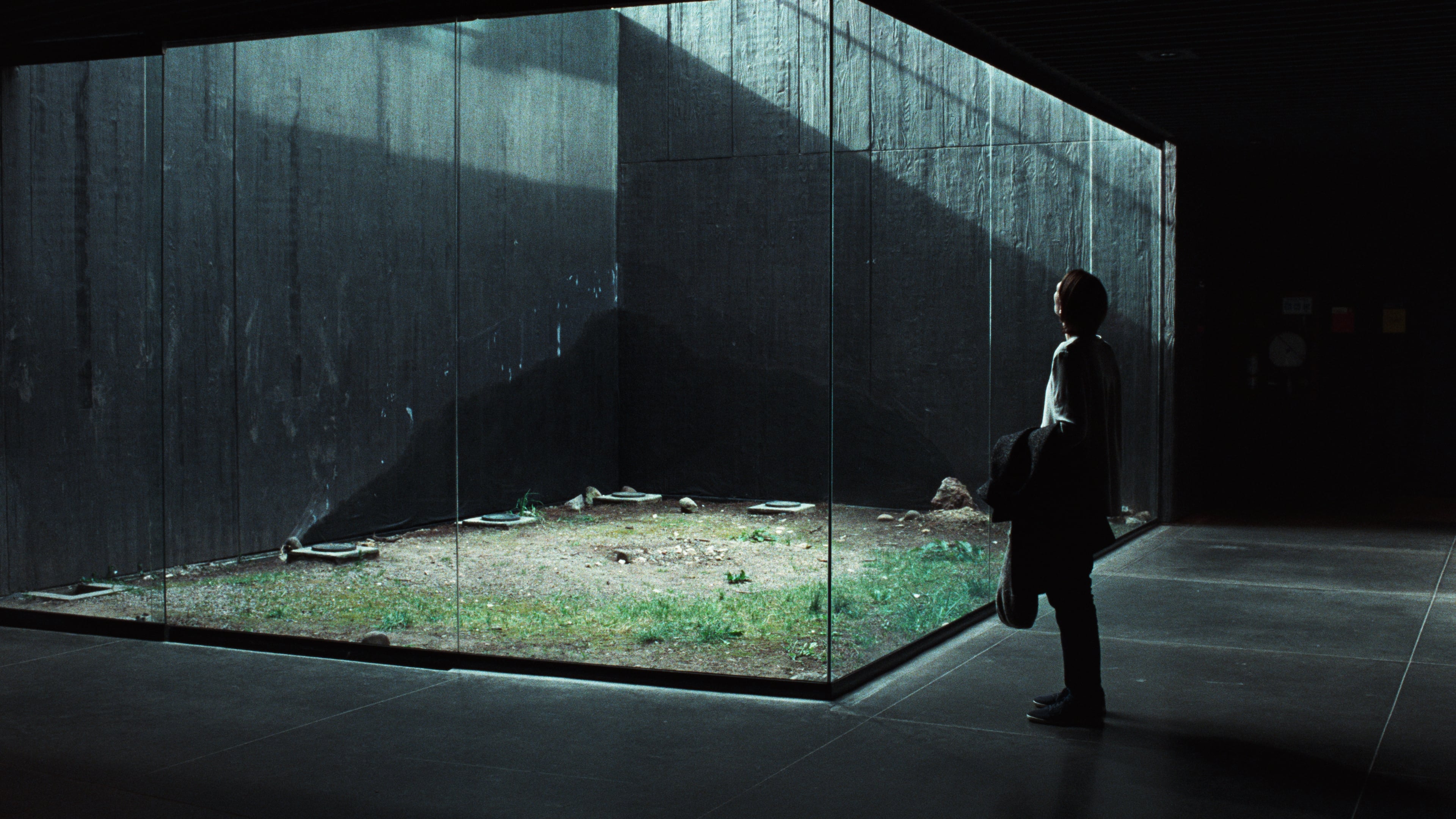"Memoria" review — Cannes-winner art-house film all about Tilda Swinton and the power of sound
“It’s like a rumble from the core of the Earth.”
Cinema has always been defined as a visual medium. It was Alfred Hitchcock who famously said, “If it’s a good movie, the sound could go off and the audience would still have a perfectly clear idea of what was going on.” Hitchcock’s work is the work of a visual master, someone whose command of shadows, lighting, and visual composition. However, in the decades that have followed, many have fought to disprove Hitchcock with films that play with the power of sound in new, inventive ways. Memoria, the latest from Thai filmmaker Apichatpong Weerasethakul — best known for his 2010 Palme d’Or winner Uncle Boonmee Who Can Recall His Past Lives — seems to prove Hitchcock wrong with its powerful, contemplative story that finds sound the mode for its narrative.
And it all begins with a bang.
Weerasethakul begins Memoria, his first film made outside of his native country, with a sudden, rumbling, Earthy sound that shatters his usual sense of lyrical quiet. Set in Bogata, Columbia, the film follows Scottish ex-patriot Jessica (played by Academy Award-winning actress Tilda Swinton) who seems to be the only person who can hear the sound. It plagues her in her sleep, in the street, and at dinner. She searches for its source everywhere. Jessica’s detective tale takes her to a recording studio, an excavation deep underground, and a village in the most remote corners of Columbia. Eventually, the search for the sound brings Jessica to a man named Hernán, a younger version played by Juan Pablo Urrego and an older version played by Elkin Díaz, to whom Jessica experiences a profound connection. Hernán can remember everything that has happened in his life and Jessica seems to have found a way to bridge their two minds.
The film is led by an excellent, but a very reserved performance from Tilda Swinton, the first Hollywood star that Weerasethakul has worked with. Swinton’s role here seems both ironic, yet very fitting. It is unusual to see the actress — known for her strange, unique performances in films like Orlando (1992), Snowpiercer (2013), Suspiria (2018), and as a regular member of Wes Anderson’s ensemble — perform in such a mellow manner. However, it does seem like Swinton would be one of the few big-name Hollywood performers who would be willing to step into a project as unique as Memoria. Her presence in every scene is palpable and serves as a reminder that quiet can be just as powerful as loud, deafening sounds.
 |
| Tilda Swinton and Juan Pablo Urrego in Memoria. Photo: Neon. |
The films of Weerasethakul are very specific and can often appear alienating to an outside audience. For all its fantastical elements, Memoria is a very still, thoughtful film. It delights in slow-moving images, gorgeous jungle visages, and casual, unobstructed observations of human interactions. Weerasethakul’s work is heavily influenced by Eastern religions and philosophy. It pulls, in many ways, from Andrei Tarkovsky’s “sculpting in time” school of thought. The camera holds onto shots for what seems like an endless amount of time. It prides itself in quiet. Memoria forces its audience to play by its own rules of how a film should be paced and structured. If you’re willing to enter into what Weerasethakul has crafted, you’ll be enchanted with what you find.
When I think about Memoria, I find myself coming back, somewhat cheekily, to a quote from Iranian cinematic master Abbas Kiarostami, a filmmaker who Weerasethakul has cited as an influence on his work: “I prefer the films that put their audience to sleep in the theatre. Some films have made me doze off in the theatre, but the same films have made me stay up at night, wake up thinking about them in the morning, and keep on thinking about them for weeks.”
Late last year, Memoria earned some considerable press over its experimental release plan in North America. Neon, the film’s distribution company, announced that the film would be shown in a different city every week without end. It would be an endless ode to the old “roadshow” style of film presentation with no streaming of physical release planned. The move was undoubtedly controversial. However, it was not done without reason. Memoria is a film best experienced in a theatre away from the distractions of the world. It demands so much of its audience. It may seem alienating and far too boring at first, but, if you can be present with it and if you can enter into its world, Memoria has so much to offer. It is a beautiful, psychological, and surprisingly moving tale.
Memoria is like the imperceptible aftershocks of a sudden earthquake. It’s like a rumble from the core of Earth ready to move you but only if you can tune into its vibrations.
Memoria is now, and will forever be, in theatres.
Written and directed by Apichatpong Weerasethakul
Starring Tilda Swinton, Elkin Díaz, Jeanne Balibar, Juan Pablo Urrego, Daniel Giménez Cacho
See the tour schedule for local release dates
136 minutes




Comments
Post a Comment